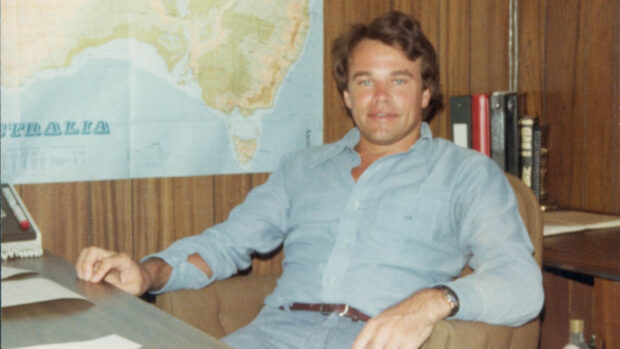Travelling with international shipping agent Peden Bloodstock is the equine equivalent of sipping champagne on a private jet. The company transports 2,500 horses around the world every year, and can have a Thoroughbred racing in Paris within an hour of leaving the UK.
A great deal of time and effort goes in to making short- and long-haul flights relaxing for four-legged passengers.
Peden’s director, James Luck, explains: “It costs the same to fly a pony as a competition horse — they all receive the best treatment.”
With offices in Hampshire and Germany, the company has three professional grooms on its books. James and co-director Henry Bullen co-ordinate the operations from the UK office “putting all the bits and pieces together — quarantine, blood tests etc”, but they are also hands on at the airport.
“So much responsibility rests with our staff,” says James. “It’s pretty unhealthy spending half your life in a metal tube. It’s backbreaking, tough and the hours are long. You need someone on board who knows exactly what they’re doing — a horseman first and foremost.”
Colic is the most common ailment during flights, and is difficult to deal with due to space constraints. But James believes it can be avoided with good management.
All grooms are National Proficiency Test Council (NPTC) qualified, for which they have to demonstrate a high level of veterinary competence and be familiar with different types of aircraft and safety equipment.
The grooms observe their charges throughout the flight, allowing them to stretch their heads down every hour to clear airways and noting how much food and water each horse is taking on. Water buckets are offered at regular intervals rather than left in the stall where they would get in the way if there were any trouble or turbulence.
Peden’s staff are proud they have never had a major incident or lost a horse, although groom Dennis Benneyworth did gain one after a mare gave birth mid-flight.
“It’s not a great sign if a horse travels badly on the road,” reveals Dennis, who describes himself as a “glorified air hostess” for his equine passengers. “They’re all individuals and one might decide it won’t co-operate, but we need to work out whether it needs more carrot or stick.”
Apart from the odd personality clash, when they are separated by “sniffer boards”, most horses travel surprisingly well in the noisy pallets in which they stand for the duration of the flight.
“Take-off and landing is potentially the most critical time,” says Dennis, who asks pilots to perform shallow take-offs and landings and to minimise heavy braking.
“Problems usually arise when a horse that is too big has been put in too small a space,” explains James. “That’s quite difficult to deal with at 35,000ft.”
The grooms build up a relationship with their regular equine travellers — Brian Taylor always flies with racemare Ouija Board, so has a busy season.
While Brian takes care of the horses, taking care of the airlines is James’s job, although he still gets a buzz from flying the winners of big competitions.
“Airlines and horses aren’t always the best match,” admits James. “All sorts of things can go wrong, from a broken pallet to a problem with the paperwork.”
One hour before the first of about 340 horses were due to depart for the 2004 Athens Olympics, it was discovered that the air-conditioning on the plane was not working, which would have been disastrous for the horses. After many frantic phone calls, the airline located a flower-filled aircraft leaving Amsterdam. This was unloaded and sent to Luton to pick up the horses. The flight left only half an hour late.
During big events such as the Olympics or World Games, Peden has an office at the location for the duration, organises quarantine for hundreds of horses, and gives logistical advice and liaises with DEFRA to establish protocol in countries that may never have hosted such an event.
“We start planning for the next Olympics before the previous ones are over,” says James, who is already looking forward to 2012.
Compared with other countries, James says the horse-loving UK is lucky because things usually work efficiently.
“We can have a flight landing at Prestwick at 3am and I can get a vet there to push the horses straight through customs, but you won’t get that in every country.”
- This feature was first published in Horse & Hound.



